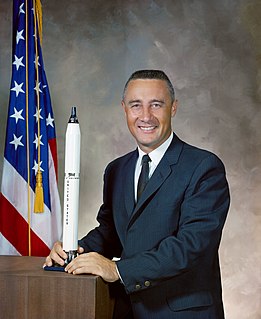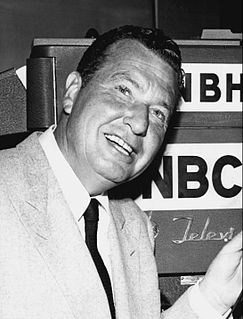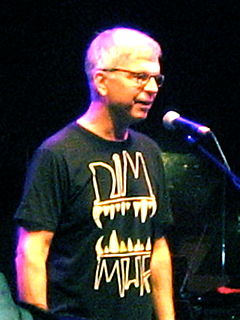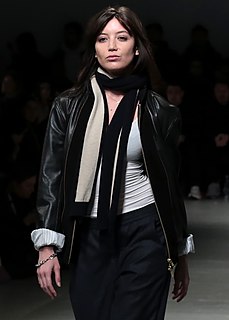A Quote by Bjorn Ulvaeus
Of course, we wore silly outfits, the pictures were corny, and some people still focus on that. But ABBA wasn't a big intellectual thing. We were a pop group.
Related Quotes
When I was four I joined a group of girls who were talking about their party dresses. I thought they were imagining, so I imagined a fantastic pink velvet dress with lots of jewels. But they were simply describing what they actually wore, and they had utter contempt for my obvious fiction. After that, I never joined a group again.
Prophet just means intellectual. They were people giving geopolitical analysis, moral lessons, that sort of thing. We call them intellectuals today. There were the people we honor as prophets, there were the people we condemn as false prophets. But if you look at the biblical record, at the time, it was the other way around. The flatterers of the Court of King Ahab were the ones who were honored. The ones we call prophets were driven into the desert and imprisoned.
My mother had found this album of all these old slides from the '50s of me as a kid and I said, 'We should have these made into pictures because the color's so beautiful.' There were pictures of me from 1955 as a little baby wearing all these elaborate outfits, and in these pictures was this amazing story of a gay man and his mother.
Pop was initially ignored as a moneymaker by the recording industry. In the seventies they were still relying on Frank Sinatra and Tony Bennett for their big hits. You know, most of the budget for the record companies in those days went to the classical department - and those were big budget albums.
The music of ABBA is not that happy. It might sound happy, in some strange way, but deep within, it's not happy music. It has that Nordic melancholic feeling to it. What fools you is the girls' voices. You know, I do think that is one of the secrets about ABBA. Even when we were really quite sad, we always sounded jubilant.



































